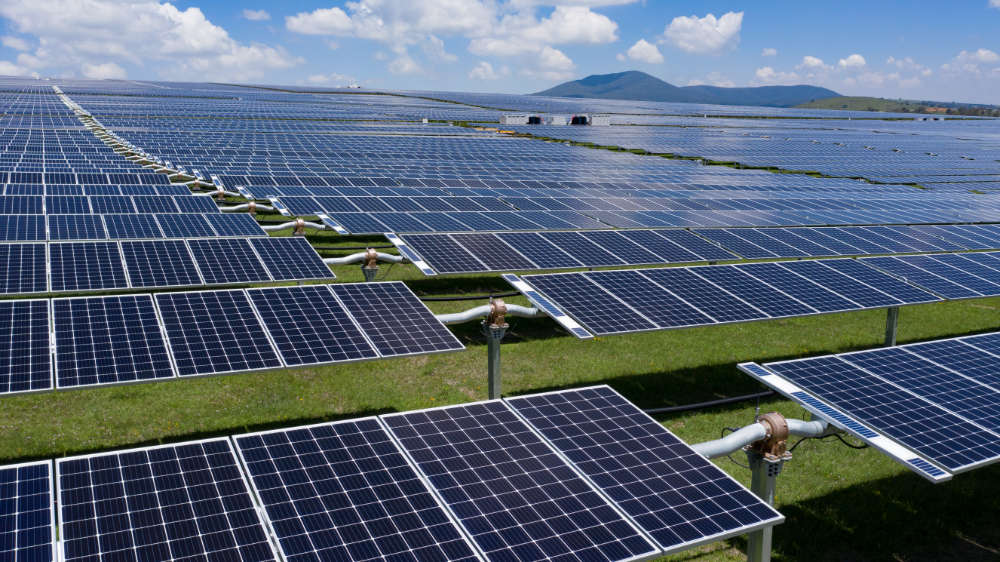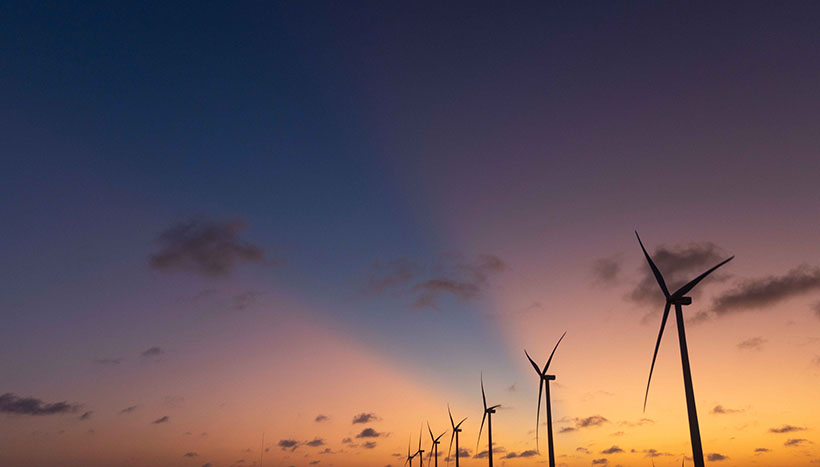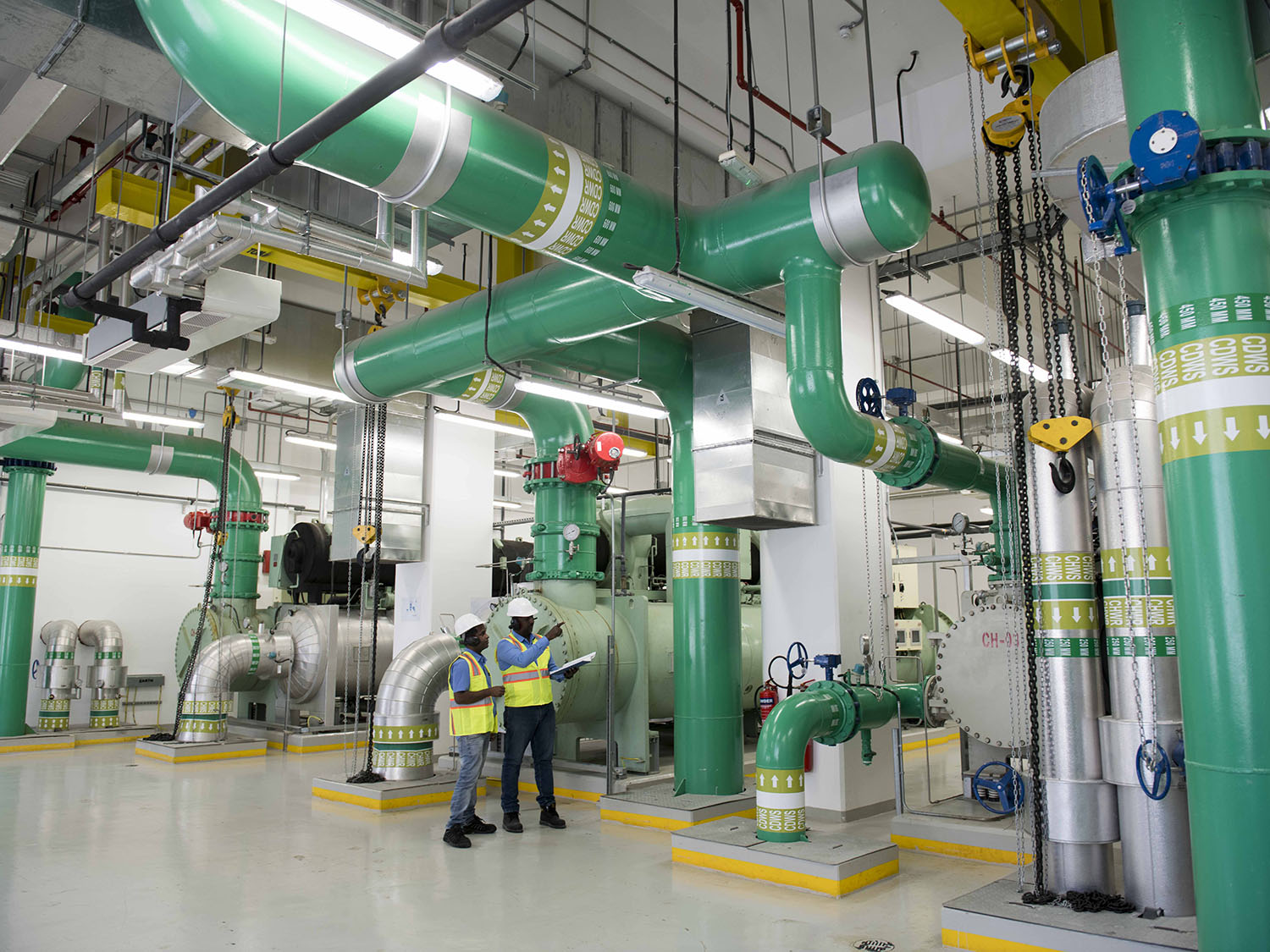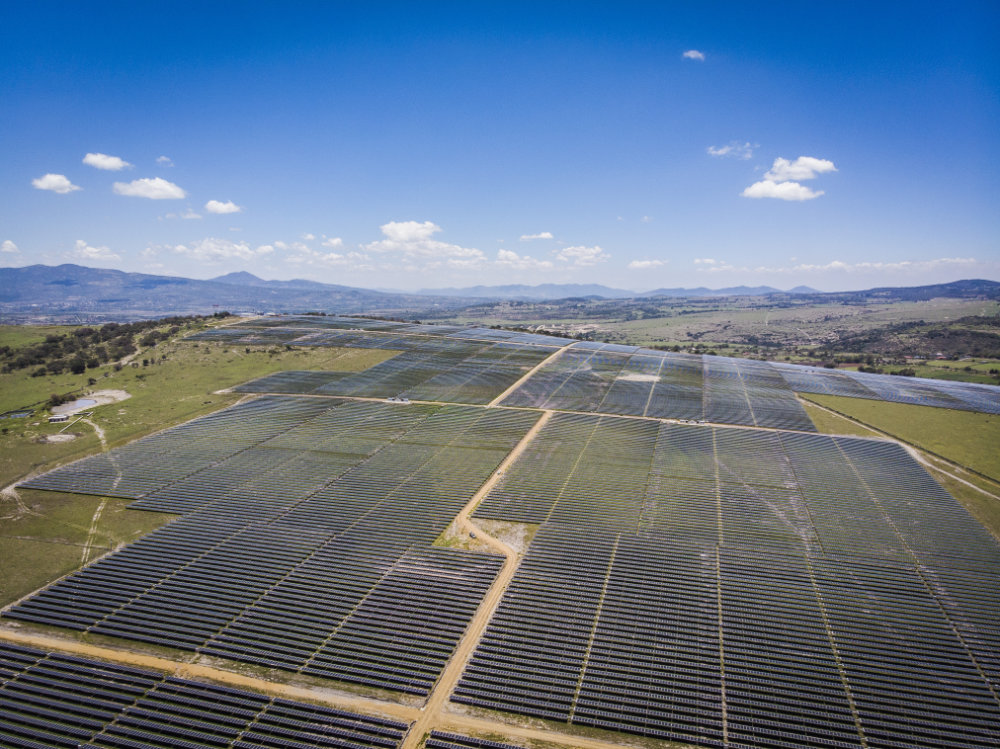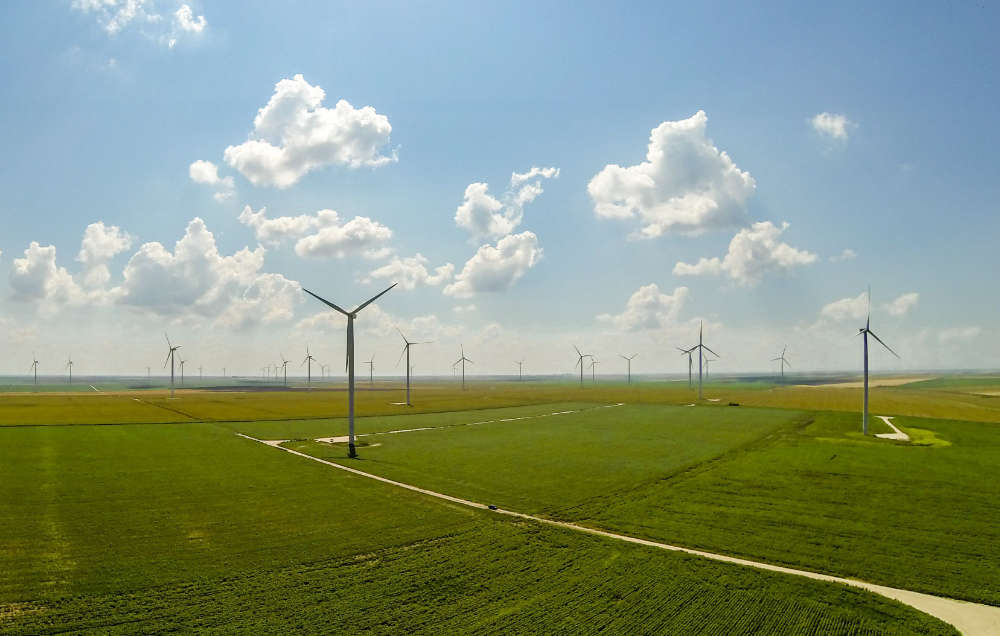The crisis in Ukraine has rung alarm bells around the world about the need for greater energy security. Countries in Europe are witnessing what can happen when they become over reliant on one dominant supplier of fossil fuel to meet energy needs. A further rise in inflation, a potential reduction in living standards, as well as recession, are all now a firm possibility if the supply of gas from Russia is cut off, or severely restricted.
What is energy security?
Energy security is achieved through a balanced energy portfolio, diversity of energy sources ( e.g. renewable power, nuclear, hydro and fossil fuels) and diversity of origin of energy sources from home versus imported energy from a diversified group of countries and regions. Energy security is also a function of the redundancy in the system including energy storage to mitigate interruptions of energy supply and the ability to manage demand to offset supply interruptions.
The current situation demonstrates clearly the importance of energy diversification. Solar and wind power for example are both far less susceptible to supply interruptions from overseas than are oil and gas.
However, the increased energy security that low carbon energy offers is simply accelerating an existing trend towards the renewable sector that was already apparent. Even before the crisis, there was a growing sense of momentum towards renewables driven by climate change and lowest costs of power. Bloomberg New Energy Finance estimated last year that getting to Net Zero carbon emissions by 2050 would need up to $173 trillion in investments in the energy transition. Achieving an acceptable level of energy security will add to the investment needs. Mobilising private capital will be vital when it comes to filling that gap.
One of the most significant factors which is supporting the renewable sector’s growth has been that costs continue to fall. At Actis, we have witnessed this first hand. We invested in our first pure renewable energy platform in 2010 in Central America. At the time, wind power was just becoming competitive compared with alternative sources of power in the region. Since then, prices have continued to drop: solar energy has fallen around 90%, with wind down around 70%. Even before the Ukraine crisis began, renewables were by far the most cost competitive source of electricity. The greater reliability of supply which the war has highlighted has simply added an extra dimension to the sector’s attractiveness to investors.
The case for investing in the energy transition through cleaner energy is therefore even more compelling than before. It also brings with it a whole new range of parallel investment opportunities in renewable-supportive infrastructure such as battery storage, smart meters or hydrogen. But the war will bring challenges too from an investment perspective, beyond the effects of the conflict on the people in Ukraine itself, or on households and businesses in other parts of Europe.
There is a risk for example that politicians will take their eyes off the ball when it comes to driving the zero-carbon agenda; that they will become more focused on meeting the short-term energy needs of their own countries rather than on the long-term need to mitigate climate change. This is already happening in Europe with the delay in closing down nuclear power plants in Germany and the increase in coal fired electricity generation to mitigate shortages of gas supply and the big increase in gas costs to the consumers. We expect an acceleration of the investment in renewables and energy storage in Europe over the next decade driven by renewables being the lowest costs of energy while at the same time mitigating both climate change and energy security. The most important technical developments to address climate change and energy security will be in the areas of energy storage and demand management to mitigate the intermittency of wind and solar.
The war is also highlighting the importance of ensuring that gas retains its attractiveness to investors. While also a fossil fuel, gas is a vital, lower carbon source of energy than other fuels such as coal or oil. It will therefore play an important role in smoothing the way for the world to fully embrace zero-carbon sources of energy in the future (Exhibit 1). However, the crisis has demonstrated the need to secure other sources of gas to substitute for Russia’s supplies. This will require investment in new infrastructure: yet the closer we get to 2050, the more likely this infrastructure is to become a stranded asset towards the end of its life. Regulators will therefore need to ensure investors feel comfortable making significant commitments in this area in the next few years.
Exhibit 1: per capita electricity from fossil fuels, nuclear and renewables, 2021
“The war is also highlighting the importance of ensuring that gas retains its attractiveness to investors.”
And there are other regulatory issues to be addressed too. How, for example, is the intermittency of renewables to be overcome? Can battery or back-up thermal power be made more attractive for investors to ensure renewables still meet countries’ energy needs when the sun isn’t shining, or the wind isn’t blowing?
Provided the right policy decisions are made, all these can be resolved. Meanwhile, at Actis, we continue to invest in the energy transition and in energy security assets. We have created more than 20 renewable energy platforms, all focused on delivering reliable, affordable clean energy to our customers. Our current fund, which has around $6bn in capital, is already investing in renewable platforms focusing on Brazil and the United States, and Central and Eastern Europe, on the Middle East and Africa, on India, and on South-East Asia. This reflects widening geographic opportunities driven by increased focused on energy security. As a result, our investment profile is increasingly regionally diversified. This widening range of investment destinations reduces the macro economic risks of the portfolio. We are also currently benefiting from a strong appetite from others to acquire assets from us: the exit environment is compelling, given the vital role renewables will play in the years to come (Exhibit 2).
Exhibit 2: Per capita electricity consumption by source, 2021
“As a result, our investment profile is increasingly regionally diversified.”
The war in Ukraine has therefore given an added impetus to the existing trend towards investing in renewable energy in support of the transition. Energy security has only accelerated a need for change that was already evident. It will create more compelling investment opportunities for the world’s investors, ensure there is less dependence on sometimes unreliable sources of fossil fuels, as well as helping the world meet its climate goals.
Mikael Karlsson is Actis’ Chief Investment Officer
